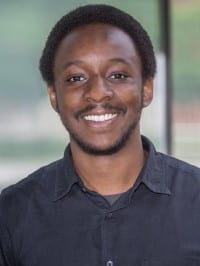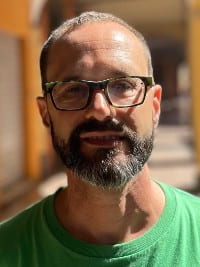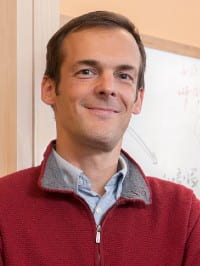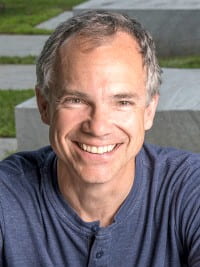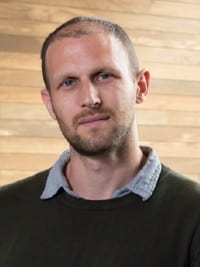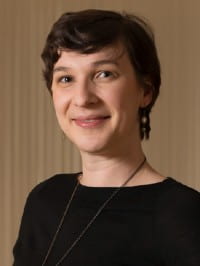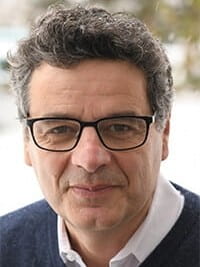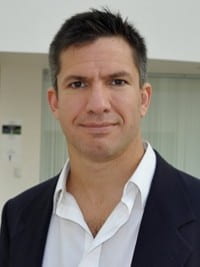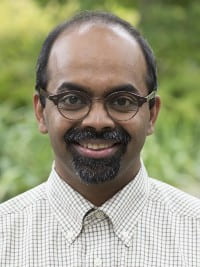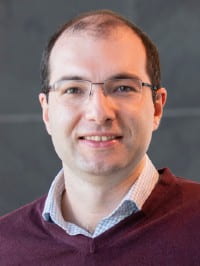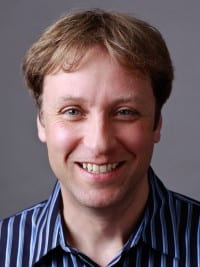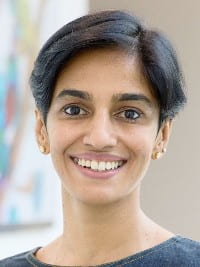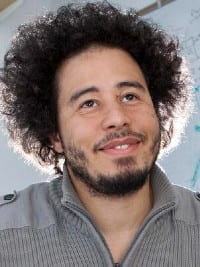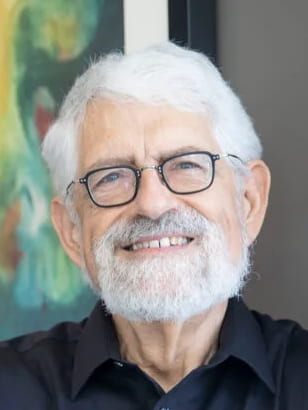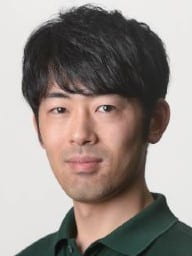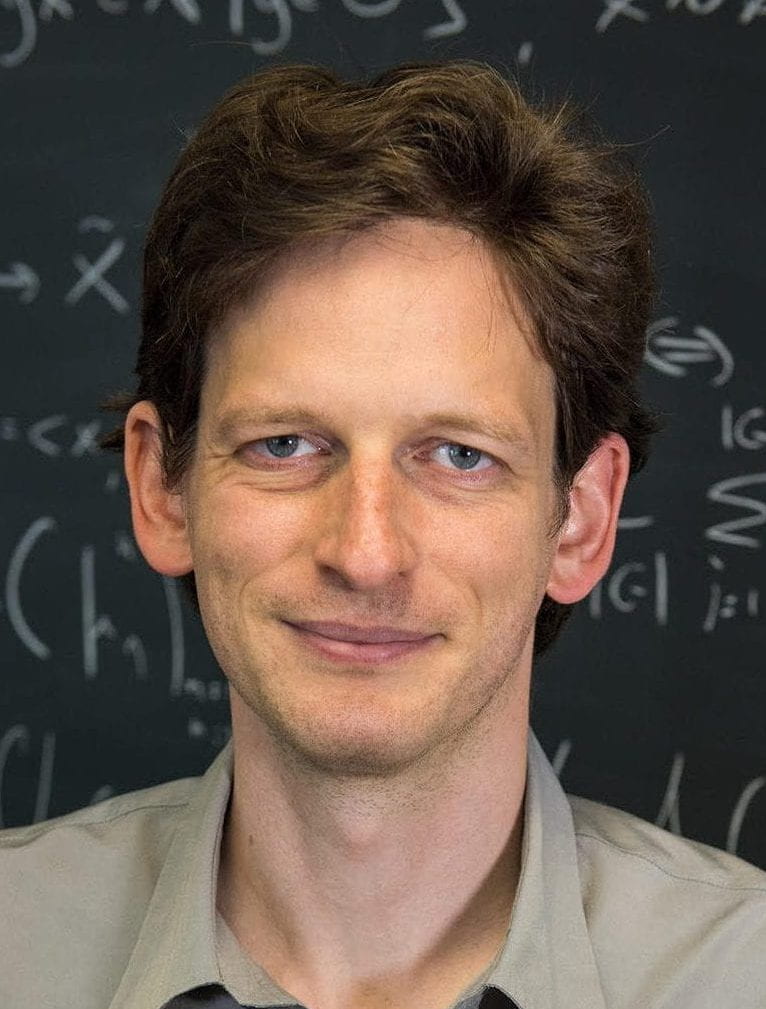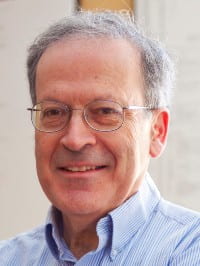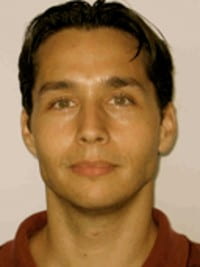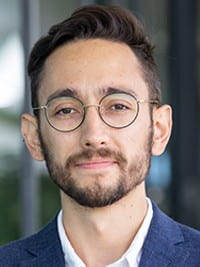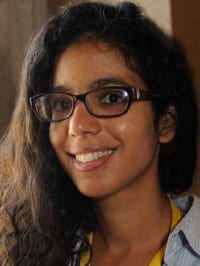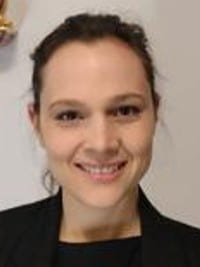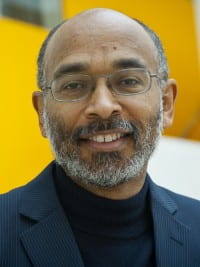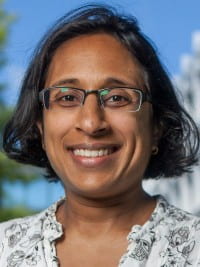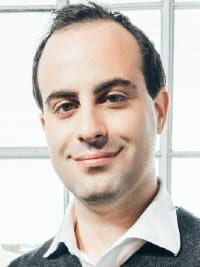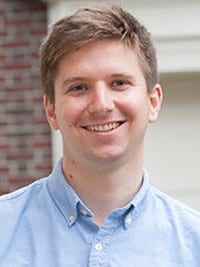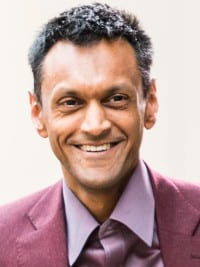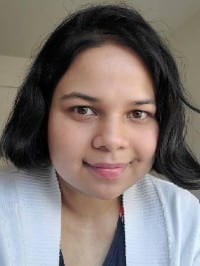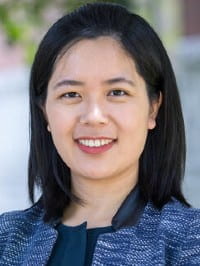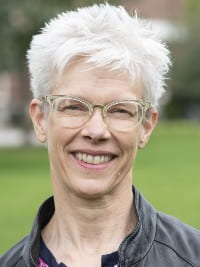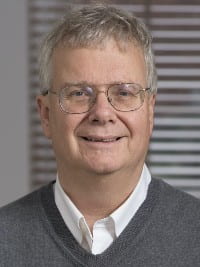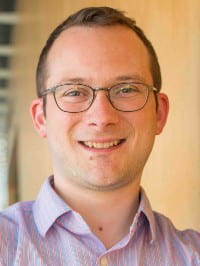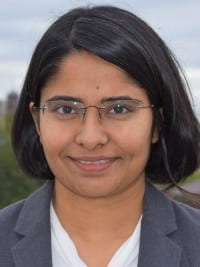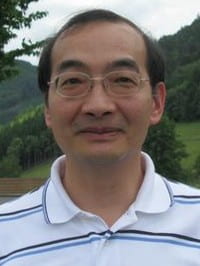The Center for Brain Science at Harvard is home to a vibrant community of theorists modeling neural circuits, behavior, and cognition. Our emphasis is on gathering people and ideas from many fields to understand the computational bases of intelligence in humans, other animals, and machines.
Computational neuroscience. Deep learning. Computational cognitive science—CBS faculty, postdocs, graduate students, and visitors are advancing the frontiers of all these areas.
We offer rigorous, interdisciplinary training for students and postdocs. We host seminars, symposia, workshops, journal clubs, debates, and social events.
Faculty and Associates
NeuroTheory Initiative
The CBS NeuroTheory Initiative is a hub for Harvard scientists discovering the computational bases of intelligence in humans, other animals, and machines. We offer rigorous, interdisciplinary training for students and postdocs.
We host seminars, symposia, workshops, journal clubs, debates, and social events. We are bringing together ideas and talent from neuroscience, computer science, psychology, physics, applied mathematics, and statistics to understand the nature of intelligence. In addition to CBS faculty, we are joining forces with others from around Harvard.
More About the Initiative
With the astonishing successes of artificial intelligence in recent years—recognizing faces, translating languages, generating cogent text, driving cars—CBS scientists have increasingly turned to thorny problems of how our brains achieve intelligent cognition.
Advances in AI are proceeding at an historic pace, yet it is widely acknowledged that AI falls far short of the flexible intelligence evident in humans and animals. Animal brains—and human brains in particular—are nature’s existence proof that physical mechanisms can give rise to general intelligence.
The CBS effort to discover the bases of intelligent cognition draws together neuroscience, cognitive science, and computer science. As an essential first step towards this goal, we are building a coherent theoretical community aimed at understanding natural and machine intelligence. This group is closely allied with experimentalists studying the neural bases of intelligent cognition in humans and experimental animals. Theorists—with backgrounds in computer science, physics, statistics, mathematics, and psychology—engage in frequent interactions to build an intellectual framework for understanding the complexities of intelligence.
Our NeuroTheory Initiative is expanding the research and education at Harvard in the multidisciplinary field of theoretical neuroscience-cognition-AI.
Thanks to generous support from Dean of Science Christopher Stubbs, we have begun with a set of shared, interactive activities. We are building on faculty strength in these fields, which is spread across schools and departments but is focused in the FAS and SEAS. A robust Visitors program is establishing close ties to industry, where rapid advances in AI are being made.
We launched the NeuroTheory Initiative in the spring of 2022 with a kickoff event featuring posters, a panel discussion, and talks by George Alvarez, Nada Amin, Demba Ba, Boaz Barak, Jonathan Frankle, Sam Gershman, Sham Kakade, Talia Konkle, Hima Lakkaraju, David Nelson, Cengiz Pehlevan, Hanspeter Pfister, and Tomer Ullman.
Our colleagues from NTT Research at Harvard, Hidenori Tanaka and Gautam Reddy, host visiting graduate students and interns throughout the summer and continuing into the academic year. In August 2022, CBS hosted a 2-day workshop on Reinforcement Learning, featuring talks, posters, panel discussions, introductory tutorials, and many informal conversations. Speakers included Sam Gershman, Petros Koumoutsakos, Poornima Kumar, Lucy Lai, Jack Lindsey, Susan Murphy, Gautam Reddy, Sandra Romero Pinto, Maurice Smith, Anna Trella, Naoshige Uchida, and John Vastola.
We have assembled a group of Harvard scientists with a key research interest aimed at developing a theoretical understanding of intelligence. This group of faculty (listed below), with their trainees, forms the core of the NeuroTheory Initiative. They are drawn from Applied Math, Computer Science, Electrical Engineering, Mathematics, Neurobiology, Physics, Psychology, and Statistics. As in fields like physics with a mature theory-experiment tradition, the CBS NeuroTheory Initiative encourages close interactions with experimental neuroscientists and cognitive scientists.
NeuroTheory Initiative Faculty
In addition to the CBS Theory faculty listed above, others in the Harvard community are part of the CBS NeuroTheory Initiative.
Swartz Postdoctoral Fellowships
We currently have one opening for a Swartz Postdoctoral Fellow, beginning in summer or fall of 2024. The Fellow will join a vibrant group of theoretical and experimental neuroscientists and theorists in allied fields at Harvard’s Center for Brain Science.
Read more about the Swartz Program HERE.
Please read below for information about how to apply for a Swartz Fellowship.
Apply for a Swartz Fellowship
We will have one postdoctoral opening, beginning summer or fall of 2024. Interested applicants should immediately send a CV, statement of research interests, and arrange for three letters of reference to be sent to Haim Sompolinsky (hsompolinsky@mcb.harvard.edu) or Kenneth Blum (kenneth_blum@harvard.edu). Applications should have “Swartz Fellowship” in the subject line. Applications will be considered until the position is filled.
Harvard University is an equal opportunity employer, and all qualified applicants will receive consideration for employment without regard to race, color, sex, gender identity, sexual orientation, religion, creed, national origin, ancestry, age, protected veteran status, disability, genetic information, military service, pregnancy and pregnancy-related conditions, or other protected status.
Read more about the Swartz Program HERE.
More about potential collaborations with experimentalists
The Center for Brain Science includes faculty doing research on a wide variety of topics, including neural mechanisms of rodent learning, decision-making, and sex-specific and social behaviors; human motor control; behavioral and fMRI studies of human cognition; large-scale reconstruction of detailed brain circuitry; circuit mechanisms of learning and behavior in worms, larval flies, and larval zebrafish; circuit mechanisms of individual differences in flies and humans; rodent and fly olfaction; inhibitory circuit development; and reinforcement learning in rodents and humans.
Graduate Programs
Graduate students in many Harvard programs are pursuing theoretical neuroscience from different directions. Follow these links to learn more about each program.
Courses
These are representative courses drawn from many that are offered each semester.
Fall 2022
| Course # | Course Title | Instructor |
|---|---|---|
| APMTH 226 | Theory of Neural Computation | Pehlevan |
| COMPSCI 229BR | Topics in the Foundations of Machine Learning | Barak |
| COMPSCI 383 | Machine Learning and Artificial Intelligence | Kakade |
| PSY 1451 | Computational Approaches to Mental Dysfunction | Gershman |
| ENG-SCI 157 | Biological Signal Processing | Ba |
| STAT 184 | Introduction to Reinforcement Learning | Janson |
More Courses
Spring 2023
| Course # | Course Title | Instructor |
|---|---|---|
| COMPSCI 229R | Biology and Complexity | Valiant |
| PHYSICS 265 | Statistical Mechanics of Spin Glasses and Neural Networks | Sompolinsky |
| PHYSICS 231 | Computational Neuroscience | Sompolinsky |
| NEURO 140 | Biological and Artificial Intelligence | Kreiman |
| NEURO 1401 | Computational Cognitive Neuroscience | Gershman |
| APMTH 115 APMTH 201 APMTH 231 | Mathematical Modeling Physical Mathematics Decision Theory | Kuang Brenner Ba |
Upcoming Events
News and Publications
- NTT Research gift establishes CBS-NTT Fellowship ProgramGift supports postdoctoral research in the physics of intelligence…
- Swartz Postdoctoral FellowshipWe have one opening for a Swartz Postdoctoral Fellow, beginning in summer or fall of 2024….
- Ba, Konkle, Pehlevan, and Sompolinsky named inaugural Kempner Institute Associate FacultyDemba Ba, Talia Konkle, Cengiz Pehlevan, and Haim Sompolinsky were named the Institute’s inaugural cohort of “associate faculty.”…
- Coordinated drift of receptive fields in Hebbian/anti-Hebbian network models during noisy representation learningQin S, Farashahi S, Lipshutz D, Sengupta AM, Chklovskii DB, Pehlevan C
Nat Neurosci. 2023 Jan 12. doi: 10.1038/s41593-022-01225-z. PMID: 36635497…
- Rapid synaptic and gamma rhythm signature of mouse critical period plasticityQuast KB, Reh RK, Caiati MD, Kopell N, McCarthy MM, Hensch TK
Proc Natl Acad Sci U S A. 2023 Jan 10;120(2):e2123182120. doi: 10.1073/pnas.2123182120… - Population codes enable learning from few examples by shaping inductive biasBordelon B, Pehlevan C
Elife. 2022 Dec 16;11:e78606. doi: 10.7554/eLife.78606…. - Neural representational geometry underlies few-shot concept learning
Ben Sorscher, S. Ganguli, H. Sompolinsky
DOI:10.1073/pnas.220080… - Haim Sompolinsky deepens ties to HarvardHaim Sompolinsky has joined Harvard full-time, as a Professor in Residence….
- RL at Harvard workshopThank you to everyone, especially Paul Masset, for helping to make the CBS NeuroTheory workshop a success! Click on the link below to see some photos Souvik Mandal took at the event….
- Haim Sompolinsky wins Gruber Foundation Neuroscience PrizeHaim has been awarded the Gruber Foundation Neuroscience Prize, along with Larry Abbott, Emery Brown, and Terry Sejnowski “for pioneering contributions to computational and theoretical neuroscience.”…
- On neural network kernels and the storage capacity problemJacob A Zavatone-Veth, Cengiz Pehlevan
Neural Computation (2022) 34 (5): 1136–1142….
- The role of state uncertainty in the dynamics of dopamineJohn G Mikhael, HyungGoo R Kim, Naoshige Uchida, Samuel J Gershman
Current Biology Volume 32, Issue 5, 14 March 2022, Pages 1077-1087.e9….
Location
Faculty are in many locations. We have a suite of offices on the first floor of the Northwest Building where many theorists are gathered.
Northwest Building
52 Oxford Street
Cambridge, MA 02138
The Kempner Institute
Seeking to understand the basis of intelligence in natural and artificial systems.
Kempner Fellows
The Kempner Institute has opened the application for the next cohort of Kempner Research Fellows. The application is open now and will close on October 9, 2023. The 3 year fellowship provides a generous stipend, funding for research, and access to our GPU cluster. We seek candidates who are working on or more of the following areas:
- Foundations of intelligence, including mathematical and computational models of intelligence, cognitive theories of intelligence, and the neurobiological basis of intelligence.
- Applications of artificial intelligence, including natural language processing, visual scene processing and analysis, and to the mechanistic analysis of high dimensional neural and behavioral data. The study of these applications can either be from an engineering standpoint (e.g., development of new methodologies or advancing the state of the art) as well as from a scientific one (e.g., achieving a better understanding of deep learning).
To be eligible, a candidate must be, at the earliest, in the final year of their Ph.D. training and at the latest, have received their PhD no earlier than 9/1/2021. See this link for more information and how to apply: https://www.harvard.edu/kempner-institute/opportunities/the-kempner-institute-postdoctoral-fellowship/
Email KempnerInstitute@harvard.edu for any questions about the position.
